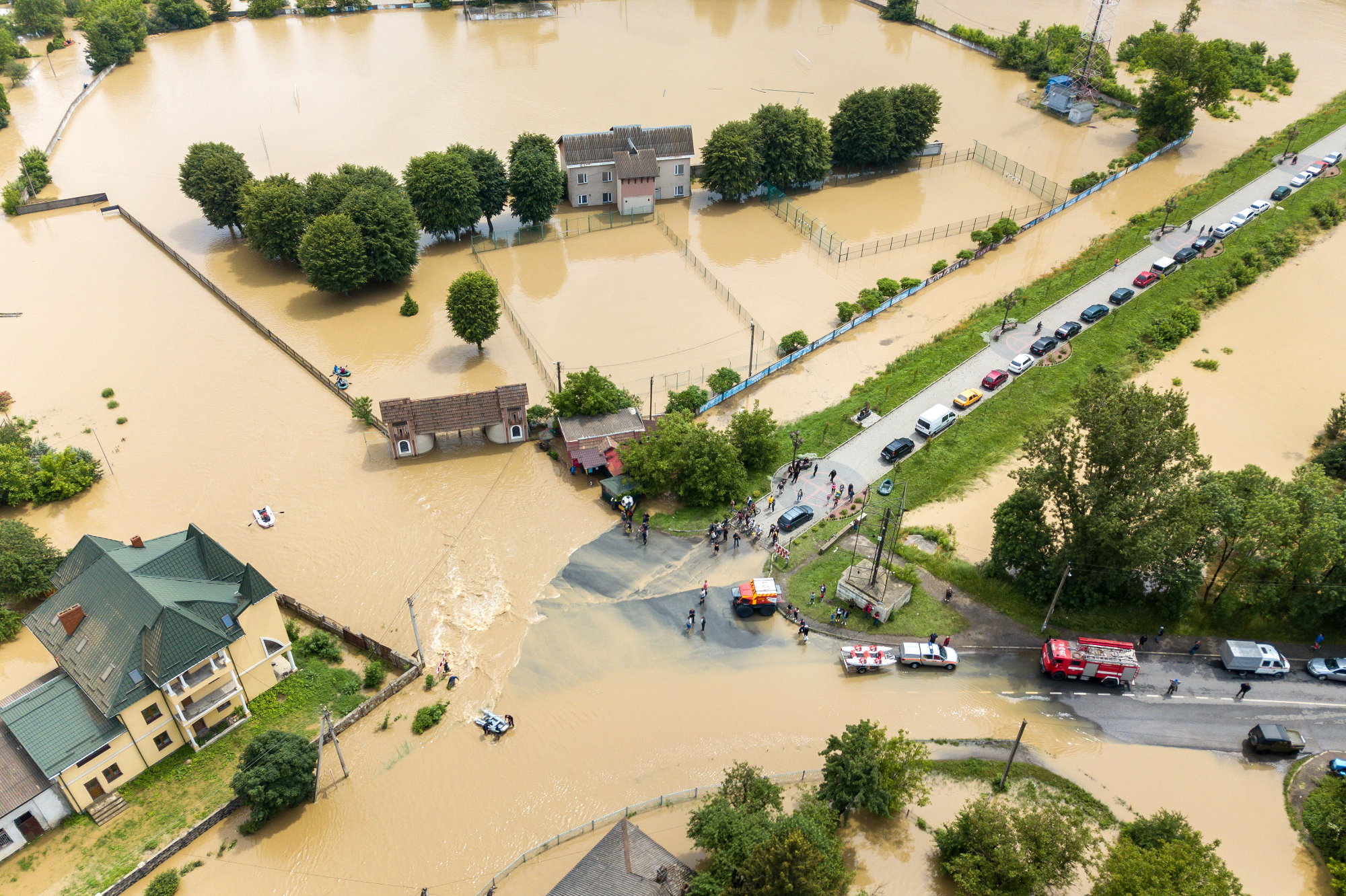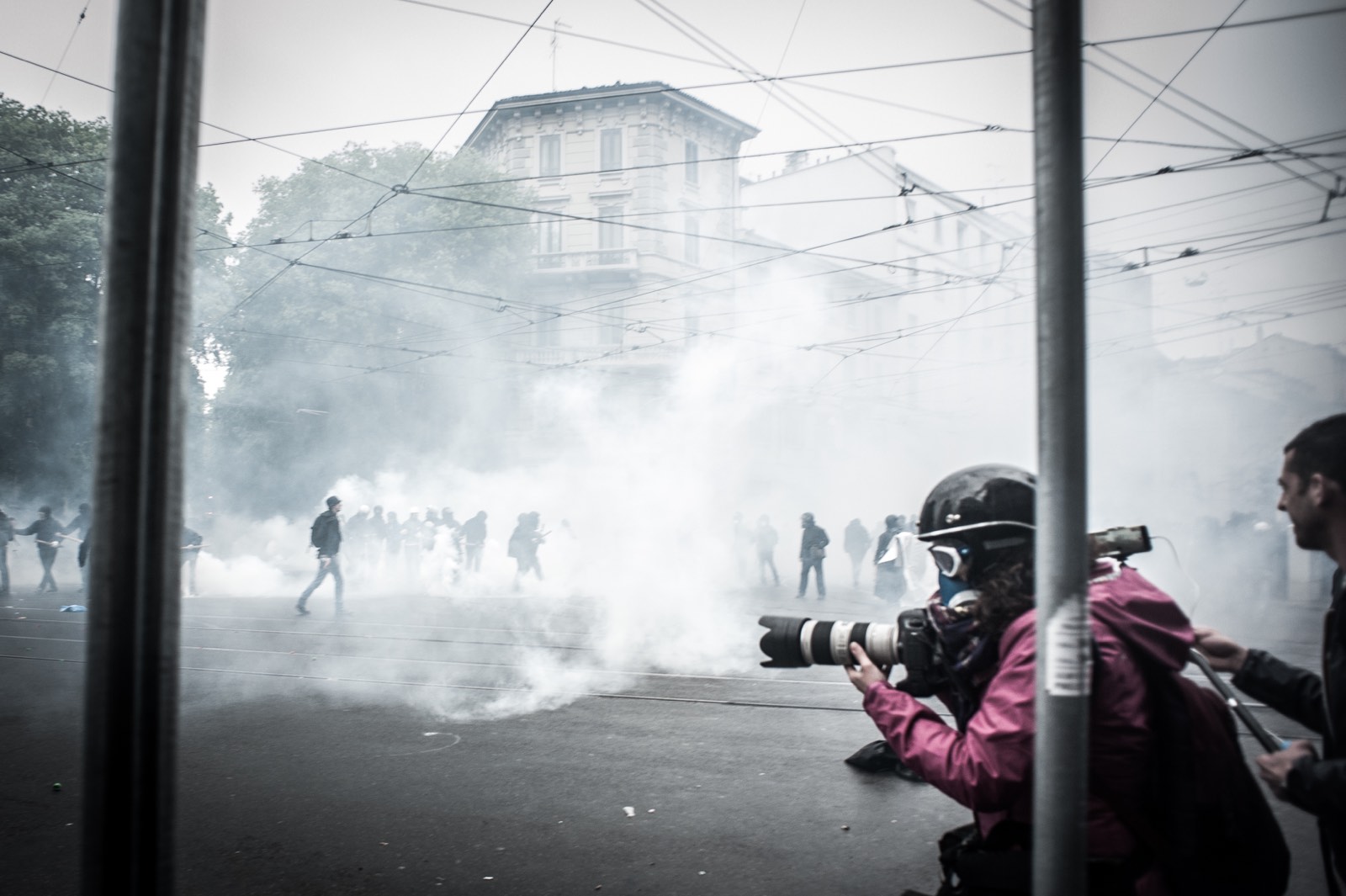How Natural Disasters and Political Conflicts Shape UK Travel Warnings-and Why Specialist Insurance Matters

The UK’s Foreign, Commonwealth & Development Office (FCDO) regularly updates its travel advice to help British nationals manage risk abroad. While there are many factors that influence these warnings, natural disasters and political conflicts are two of the most common reasons for the government to advise against all but essential travel — or, in some cases, all travel entirely.
For those travelling to unstable regions for work, humanitarian support, consultancy or reconstruction, understanding these warnings is only half the story. The other half is knowing what you need to stay protected — including the right insurance.
The Mechanics Behind FCDO Travel Advice
The FCDO assesses threats to UK nationals using a range of intelligence: local reports, diplomatic updates, medical risk data, military activity, and more. When threats escalate to a point where the safety of travellers cannot reasonably be assured, a formal warning is issued.
There are two types of FCDO warning that have a major impact on both travellers and insurance:
- “Avoid all travel” – the highest level of warning, usually applied in situations of active conflict or complete breakdown of public services.
- “Avoid all but essential travel” – a serious advisory where essential access may still be possible, but risk is significant.
Once these warnings are issued, your standard travel insurance may become invalid — and consular assistance may not be available.
Natural Disasters: When Infrastructure Fails
The FCDO often changes its guidance in the wake of earthquakes, tsunamis, hurricanes, and other natural catastrophes. These disasters can severely disrupt a country’s infrastructure, meaning emergency services, hospitals, and transport networks are no longer reliable or safe.
The FCDO may advise against travel when:
- Local infrastructure collapses, making evacuation, healthcare or communications impossible.
- Secondary risks such as landslides, disease outbreaks, or looting continue after the initial disaster.
- Essential services such as clean water, power, or food distribution are unavailable, placing both locals and travellers at immediate risk.
Example: After the devastating earthquakes in Haiti and Turkey, FCDO warnings remained in place for weeks due to aftershocks and overwhelmed emergency services. Travellers arriving without adequate preparation or cover were often stranded or required international evacuation.
🔗 Need cover for unstable regions affected by natural disasters? View our humanitarian travel insurance
Political Conflicts: Escalating Risk Profiles
Civil wars, terrorism, military operations, and arbitrary detention are some of the most serious triggers for FCDO “do not travel” advice. These situations can deteriorate rapidly and often without public warning.
FCDO is likely to advise against all travel if:
- Active military operations or airstrikes are occurring (e.g. Gaza, Sudan, Ukraine).
- Armed groups are specifically targeting foreigners.
- There is a high risk of arbitrary arrest or detention, particularly in states with restricted press freedom or limited consular access (e.g. Iran, Belarus).
- Border regions become unstable due to spillover from neighbouring conflicts, such as the Lebanon–Israel frontier or areas near the Syria–Turkey border.
In July 2025, the FCDO warned against all travel to 68 countries and territories, citing a combination of political instability, conflict, natural disasters and health concerns. These warnings often result in rapid travel disruption, visa restrictions, and a near-total shutdown of commercial flights or cross-border transport.
🔗 Working in a high-risk zone? We cover people others exclude. Get a quote today.
Why These Warnings Matter for Insurance
If you’re operating in conflict or disaster-prone areas — especially in professional or humanitarian capacities — ignoring FCDO guidance can have serious consequences:
❌ Standard Travel Insurance May Be Invalid
Most mainstream insurers exclude cover entirely if you travel to a destination where the FCDO advises against all or all but essential travel.
❌ You May Not Get Consular Help
The FCDO is clear: they will not deploy consular support to areas under “do not travel” notices. You’re on your own unless you’ve secured dedicated crisis response as part of your insurance.
❌ Personal Risk Increases Dramatically
Without backup, even routine problems — such as injury, lost documents, or vehicle breakdown — can escalate quickly. And in conflict zones, threats to life or liberty are real.
The Role of “Essential Travel”
The FCDO acknowledges that some travel is necessary — for aid delivery, business continuity, family reasons or media reporting. “Essential travel” is ultimately a judgement call for the individual or organisation, but the risks are substantial and the need for robust, specialist insurance is even greater.
At insuranceforgroup.com, we help you understand whether your work qualifies as essential, and what that means for your cover.
🔗 Not sure if your travel qualifies as essential? Talk to us — we’ll guide you through it.
Long-Term Planning: From Conflict to Reconstruction
In many of the world’s most volatile regions, the most dangerous moment is not just during conflict — but during the recovery phase.
- Engineers, aid workers, election observers and reconstruction teams often operate in fragile environments with limited services and persistent insecurity.
- Natural disasters may lead to collapsed infrastructure, while post-conflict areas remain riddled with unexploded ordnance, criminal gangs, or sporadic violence.
- Our clients working in places like Ukraine, Gaza, and Afghanistan are already seeing these challenges first-hand.
That’s why our cover extends to long-term deployments, supporting those involved in rebuilding, capacity development, and humanitarian logistics.
🔗 Explore insurance for people working in conflict and post-conflict zones
Key Takeaways
- FCDO warnings are based on intelligence — ignoring them puts you at serious risk.
- Standard travel insurance often won’t cover you if you travel to restricted areas.
- Specialist insurance is essential for anyone working in unstable regions.
- Always check the FCDO’s latest advice before and during your trip.
- If your travel is essential, make sure your insurance provider recognises that — and will protect you accordingly.
Final Thought: Protection Is Not Optional
In a world where security conditions can change overnight, your safety must be more than a hope — it must be planned, backed, and insured.
Whether you’re a journalist, aid worker, consultant, or support crew member, specialist insurance gives you the tools to stay safe, respond to emergencies, and come home — even from the world’s most unpredictable places.
Need insurance that works in places others exclude?
Get a quote today or speak to our team.



